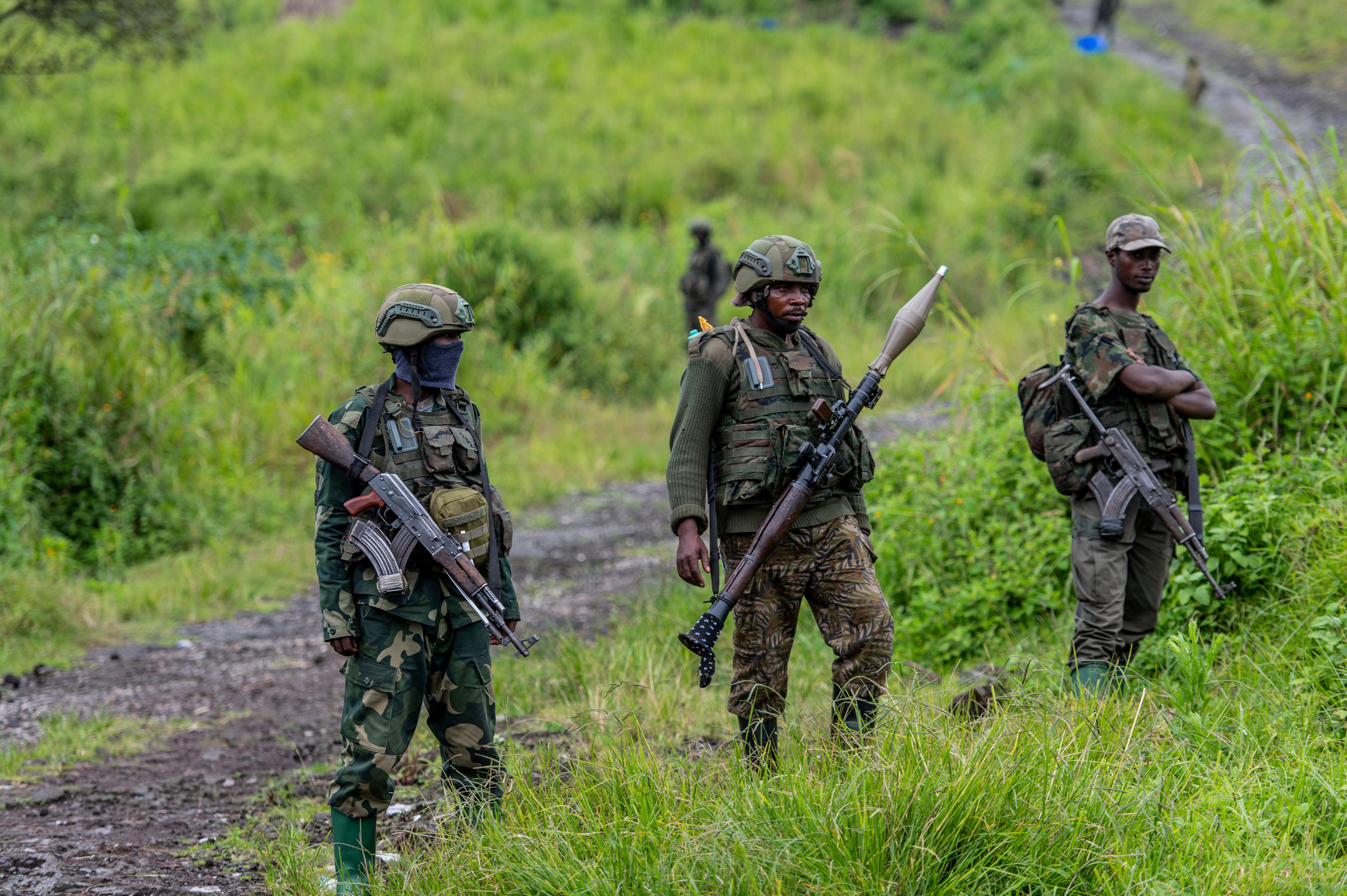Rebel group in Congo generates $300,000 monthly in seized mining areas, UN says
An armed rebel group in Congo generates around $300,000 a month in revenue through its control of a mining area in the east of the country, the U.N. Security Council heard

An armed rebel group in Congo generates around $300,000 a month in revenue through its control of a mining area in the east of the country, the U.N. Security Council heard.
In April, the M23 — a rebel group with alleged links to Rwanda — seized the Rubaya mining area in eastern Congo, which holds deposits of a key mineral used in the production of smartphones and computers. Over 15% of the world's supply of tantalum, a rare metal extracted from coltan, comes from Rubaya, Bintou Keita, head of the U.N. mission in Congo, told the Security Council.
“Unless international sanctions are imposed on those benefiting from this criminal trade, peace will remain elusive and civilians will continue to suffer,” Keita said.
Tantalum is among the minerals that was identified earlier this year in a letter from Congo’s government questioning Apple about the tech company’s knowledge of “blood minerals” being smuggled in its supply chain.
The decadeslong conflict in eastern Congo has produced one of the world’s worst humanitarian crises, with more than 120 armed groups fighting for power, land and valuable mineral resources while others try to defend their communities. Some armed groups have been accused of mass killings, rapes and other human rights violations. The violence has displaced some 6 million people in the country's east.
M23, or the March 23 Movement, is a rebel military group mainly made up of ethnic Tutsis that broke away from the Congolese army just over a decade ago. They staged a large offensive in 2012 and took over the provincial capital of Goma near the border with Rwanda, the same city they are threatening again.
Congo alleges that Rwanda has been involved in war crimes in the east and U.S. and U.N. experts accuse it of giving military backing to M23. Rwanda denies the claim, but in February admitted that it has troops and missile systems in eastern Congo to safeguard its security, pointing to a buildup of Congolese forces near the border.
In July, U.N. experts estimated that between 3,000 and 4,000 Rwandan government forces are deployed in eastern Congo alongside M23, which has been making major advances.
Last week, a regional court in East Africa opened proceedings in a case filed by Congo against Rwanda, accusing it of violating Congo’s sovereignty and territorial integrity by sending troops to help rebels in the country’s east.
Bookmark popover
Removed from bookmarks